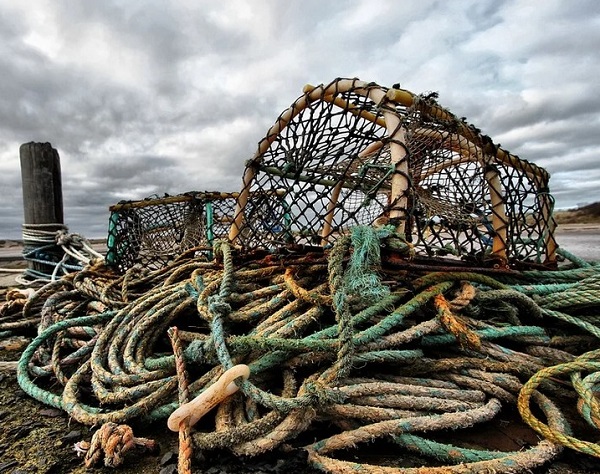ANNAPOLIS, MD—Governor Larry Hogan this week urged members of the Maryland Congressional Delegation to take immediate action in raising the cap on H-2B guest worker visas. The letter comes in response to a newly released study that shows the impact that these workers have on Maryland’s iconic seafood industry and the state’s economy.
“Maryland’s seafood industry is part of what makes us known around the nation and the world,” writes Governor Hogan. “We cannot—and I will not—let these hardworking Maryland businesses fail on our watch. I ask that you partner with your colleagues and the administration to find a long-term and more permanent solution to this critical workforce issue, such as an exemption from the annual H-2B visa cap, as is done for fish roe processors, to protect the viability of Maryland’s crab processing industry and those who rely on it economically.”
The new study was conducted on behalf of the Chesapeake Bay Seafood Industry Association with support from the Maryland Department of Agriculture (MDA), and is based on direct input from crab processing businesses. Combined, these small businesses typically require 500-600 seasonal guest workers each season (April – November) to pick crab meat. The results of the study include:
- Securing seasonal labor for crab picking is expected to be more challenging than ever in 2022: the industry only expects to receive 10% of the workforce needed. Such a reduction in H-2B workers is expected to cost Maryland anywhere from 940 to 1,39 jobs, and cost Maryland’s economy roughly $141 million. These are American jobs that will be affected all along the seafood supply chain, from restaurants to watermen.
- In 2022, if they are able to get the seasonal labor they need, survey respondents expect to spend $20.3 million on payroll; $3.9 million on equipment, vehicles, etc.; $4.3 million on packaging, boxes and other supplies; and $3.5 million on repairs and maintenance with local vendors.
- Nine out of 10 companies say that seasonal labor availability is a challenge that threatens the survival of Maryland’s seafood business.
In his letter, Governor Hogan is urging the delegation to work with their colleagues and the Biden administration to find a more permanent solution to this critical workforce issue, such as an industry exemption from the annual H-2B visa cap.
Congress has capped the maximum number of H-2B visas at 66,000 per fiscal year, split evenly between workers starting in the first half of the fiscal year (October-March) and those starting in the second half (April-September). The uncertainty of the lottery system used to allocate requests has created an annual challenge for the state’s seafood industry, and has been addressed in year’s past by temporarily raising the visa cap.
Photo via Pixabay


